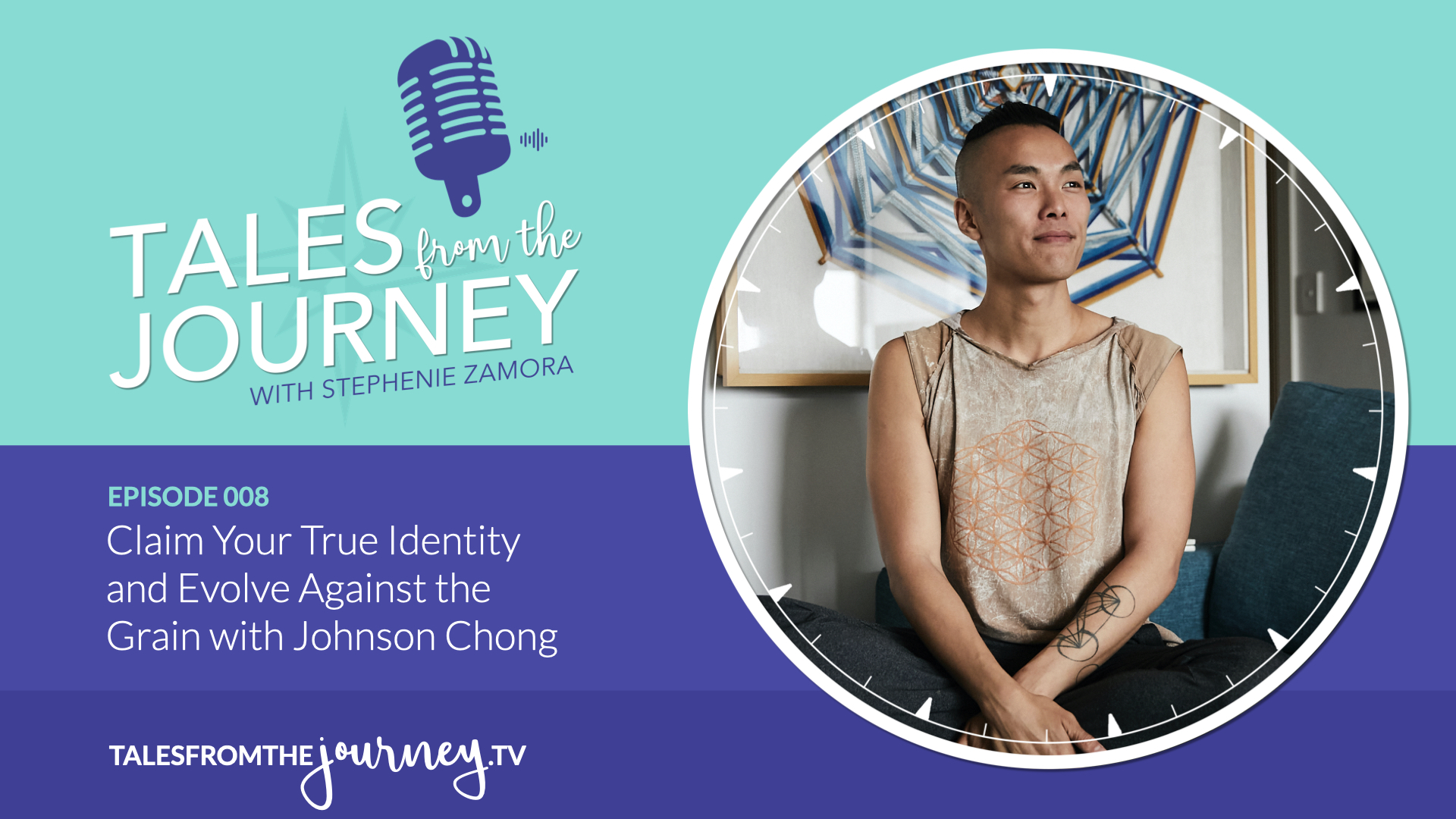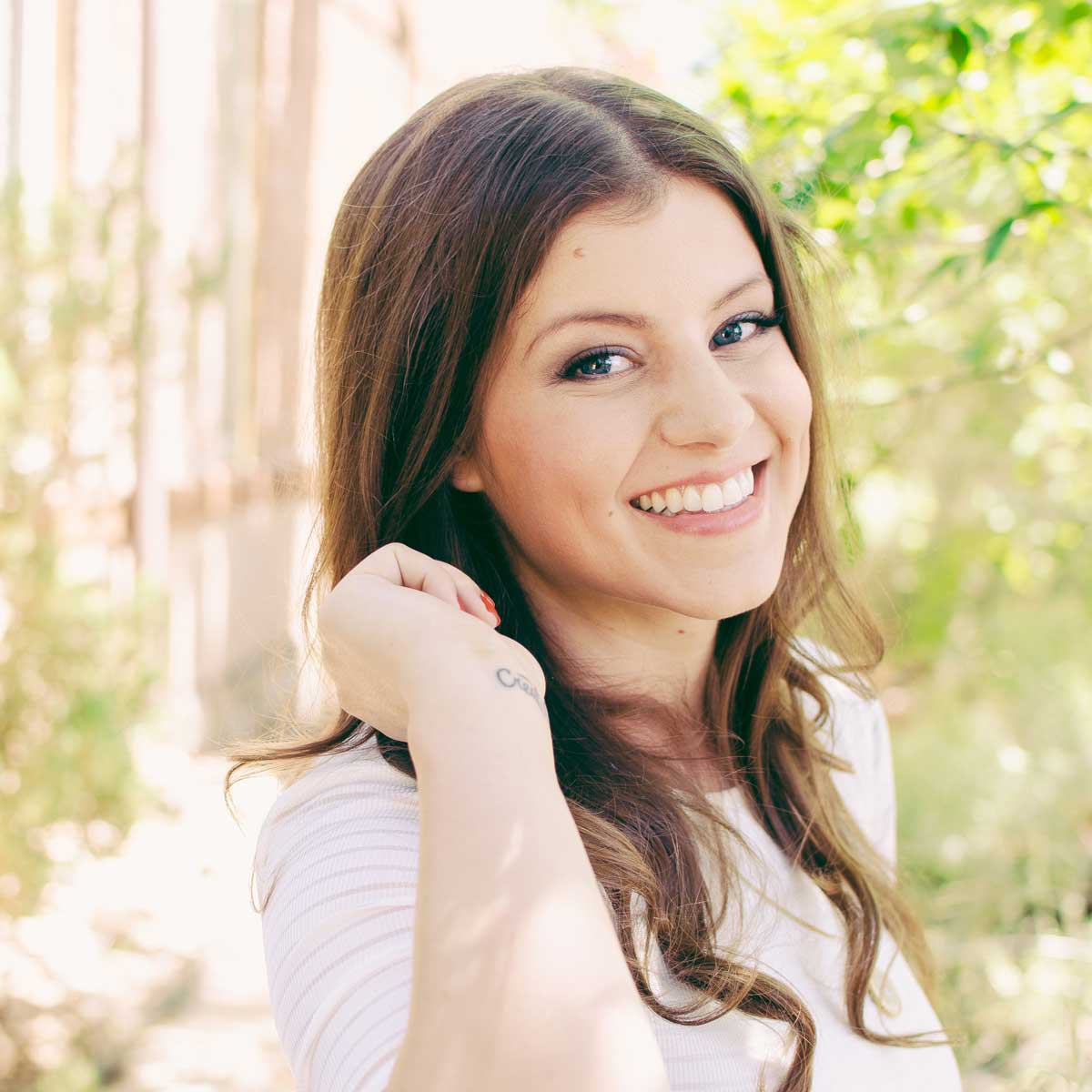Podcast: Play in new window | Download
Don't miss an episode! Subscribe now! Apple Podcasts | Spotify | Amazon Music | RSS | More
Are you ready to claim your true identity and evolve against the grain? Today I’m talking with Johnson Chong, the award-winning author of Sage Sapien: From Karma to Dharma, a shamanic energy medicine practitioner, and yoga and meditation teacher in Sydney. He specializes in the use of alternative modalities and tools to help people remember themselves. Johnson has worked with people of all backgrounds, and in 2021 he aims to focus more on the LGBTQIA+ community and really hone in the concept of working through the unconscious karma where we often carry unresolved emotional trauma, conditioned patterns of beliefs, fears, guilt, and shame. Not only will we be discussing Johnson’s work, but also the incredible journey that brought him to this work: from growing up in an emotionally suppressed household to a career in acting that helped him evolve into the person he is today.
What to Listen For:
- Where it all began – a look at Johnson’s childhood
“I think there was always something innately within me that questioned everything my parents said and did, and everyone around me, I think part of that was also my environment.
I grew up in New York City. I was actually born and raised in New York and, and then in Brooklyn. There are just so many cultures. You have so many different sounds and accents and subcultures. I lived in a very mixed neighborhood.”
- Growing up as the child of immigrants and feeling different
“I think young children that come from immigrant families grow up with this sense of, oh, I’m different, I’m other, right away. And so I was very aware of that at a young age. And then throw in the sexual orientation later on and then realizing, oh, I’m even more other than these other cultural things.
Not only did I realize I’m this Asian-American kid, but I’m very aware of that when I step into a room. And then wait, now I’m gay as well. I’m attracted to boys. So there has always been this shield that I put up whenever I would walk into a space because I didn’t want to be found out, and that led to some very unhealthy patterns growing up.“
- Knowing his parents would not accept his sexuality
- How his parents’ violent pasts led to his tumultuous upbringing
- Discovering our gifts in our otherness
“I think every queer person’s journey is a little bit different. Some are more fortunate and they have a very accepting family, and others are less. Then there are those who are experiencing even more otherness because they fall into some other subcategories.
I don’t think it’s about comparing whose journey has been more difficult; it’s really just recognizing that in our otherness and what makes us very different or what makes us feel separate from the mainstream, that’s where our gifts lie.”
- Knowing his story is his alone and finding peace in that
- Putting the barriers up to survive his competitive household
- His first attempt at trust and how he found common ground to build this
- Trusting is not the same as commiserating
- Learning to share how you authentically feel
- Developing an understanding of what intimacy really is and separating from unhealthy relationships
“I started to notice that the friends and the people that I keep around share a more common understanding that we are having these human experiences—energetic beings, spiritual beings—and that there are certain things that just don’t have a grip or pull or importance even.
And so it doesn’t make sense for me to keep people around that still put certain weight on dramas because then it brings me back into old patterns, and it’s not a better than or worse than; it’s just this evolution of who we are as people.”
- A history of having a tricky relationship with trust and intimacy
- Keeping a tight group of people who have an understanding of where he is energetically
- The expectations of his household growing up
- Understanding from a young age that his parents had been hurt deeply and that pain caused them to unknowing hurt others, including their children – hurt people hurt people
“I just had these insights as a kid. However, the child human version of me was like, oh no, but I want mommy to hold me in the way that I see other mothers holding children. My parents weren’t physically affectionate. I wanted my father to be more present. He was very much checked out most of the time and just providing, being the breadwinner and not really emotionally involved with us growing up.
So I wanted my parents to be a certain way, but they weren’t. So I had to hide those parts of me that wanted, and I think I knew that if I did show desire that I wanted something, I would get either smacked or shut down. So it was a big no. And even though the other part of my higher, more evolved consciousness was picking up on all these things, as a kid, I knew that this wasn’t the truth.
I still let that victimized part of me take over, and that pretty much governed my life as a young adult. So I think it wasn’t until my early twenties that I started to unravel all that big ball of repressed emotions.“
- Being rebellious and leaving for acting school against his parents’ wishes
- The role of role models, guides, and mentors played in pointing him in the right direction
“I went off to theater conservatory for four years, and it was there that I was exposed to yoga and various mind-body somatic practices. That was an accidental discovery into spirituality because the purpose of doing yoga in that context, in acting training, and in doing mind, body somatic work was more about you as a person learning more about your physical tension, your physical habits, how to let go of it. So you can be a more efficient, more truthful actor on stage for performance for telling the story. But something happened in that process, I realized, oh my goodness, I’m not separate of this character.”
- What acting and playing villains taught him about the human experience
“You notice that the intentions for every human being are very much the same. Everyone just wants to be loved and to love. They just have different ways of doing it. And when you start to see that there’s something in you that shifts, there’s a spiritual connection that you just cannot help but develop.”
- Taking the study of yoga and shamanic work beyond what was needed for acting
- Finding deep interest in how the body holds onto experiences
- Knowing how fortunate he is to have found the right person to help him see through his blindspots and change how he looks at the world
- His experience with a Feldenkrais class
“I remember I was laying on my side, and my teacher was asking me to undulate my pelvis. And she was asking specifically to see if we can separate the movement of the sacrum and the tail and the pelvic bowl from the thigh bones, from how the femur is attached into the socket. So those of you who are anatomically inclined, you probably understand, for those of you who are not, you may not have thought of that before, and it might make you question and then to look at Google and look at what that looks like.
I had never, at 19 years old, considered that my pelvis and my legs were actually a ball and socket connected together. And by moving my tail and letting it fluctuate like that and to feel the difference. And then, feeling them working together as a team that separation and connection.
It sent me somewhere else. I felt this warm current of electricity move up my spine. And then I started, of course, sobbing hysterically. I was like, oh my God, my tailbone. And I didn’t understand at the time, but that was the beginning of what people call a Kundalini awakening.
Cause there was this occurrence of energy that I could feel. And all it is is an awakening to something that’s already happening and, and so permission and allowing ourselves to see that in a movement context or a yoga class even can be really powerful.”
- How curiosity led him to explore his humanity differently and to empathize with the more shadowy parts of himself
- Why his second-year acting teacher sent him to therapy and how this led him further down the path of healing and growth work
“I actually feel like a despicable human being. And so then the two merged, and I literally didn’t have a meltdown as the character. I had a meltdown as Johnson. I went into this like state where I was curled up into a ball in the acting studio, shaking and convulsing, because I got the character confused with me, and it became a bit psychologically damaging.
So the point where I couldn’t leave that emotional state and that, and everyone realized in class that something was wrong here. There was not the safe separation of actor and character. And, and my teacher literally gave the whole class a talk about how acting is not a psychological therapeutic release, saying, “If you have issues, you need to go see a counselor therapist.” And I felt even worse.
- Why he wasn’t finding therapy helpful at that time
“In therapy, I would just literally cry. I would leave feeling more so than I did because I was like, oh my God, I have more issues.“
- Finding the messages of what he was avoiding in his body – specifically through his poor posture – and how he worked through this
- Learning to use his curiosity to unearth trauma
- Realizing that it was time to end his on-again-off-again relationship with acting
- Taking a deeper look at what he loved about acting
“What I really loved was stage work, where I felt this meditative flow of living life larger than it actually was on a day-to-day. That’s what it felt like on stage for, you know, an hour and a half to two hours of doing a show.
You’re so focused on the other actor on the story on delivering something it becomes this meditative energetic flow that’s how it felt for me, anyway. Then I realized, wait a minute, I can do this in meditation. And then I started to realize, oh, it’s the same feeling.
That’s when I started to slowly make the shift into really going more on the healing path.”
- What he learned in his Ayahuasca plant medicine experience and how this changed his entire course
- His final experience with acting
- Embracing his path and making the shift into speaking, writing, coaching, and healing
“I think the speaking naturally was me bridging this aspect of me that has always wanted to perform, but instead of performing as a character, I’m just talking about myself and my experiences. And hopefully, that might reflect something that is like a hidden seed of potential in someone else. And so it was kind of bridging the theater world and the spiritual world together.”
- The one thing he would tell his younger self
About Johnson Chong:
Johnson Chong is the award-winning author of Sage Sapien: From Karma to Dharma. He is a shamanic energy medicine practitioner, yoga and meditation teacher who teaches in Sydney and hosts workshops and retreats around the world.
He has an 8-week spiritual transformation course designed to help people of the LGBTQ community Breakthrough their mental, emotional, and spiritual roadblocks so they can live with more inner peace and self-love.
Websites:
www.sagesapien.com
www.johnsonchong.com
Instagram: https://www.instagram.com/exodus retreats
Facebook: https://www.facebook.com/johnsonchongcoaching
Linked In: https://www.linkedin.com/in/johnson-chong-9475b848/
Email: sage@johnsonchong.com
Resources:
Access our free 8-part Journey Mapping™ sampler program and begin uncovering the purpose of your path at www.TalesFromTheJourney.tv/Free/.
Read my memoir, Unravel: Rising Up and Coming Back from a Season of Living that Damn Near Killed Me at www.TheUnravelBook.com.
Tales from the Journey™ is a Stephenie Zamora Media Production in partnership with the phenomenal producers at Your Voice Better.




